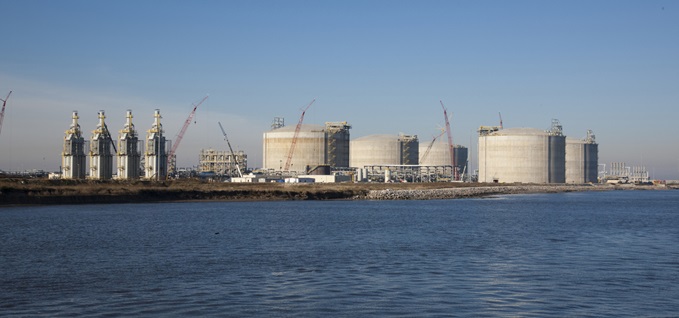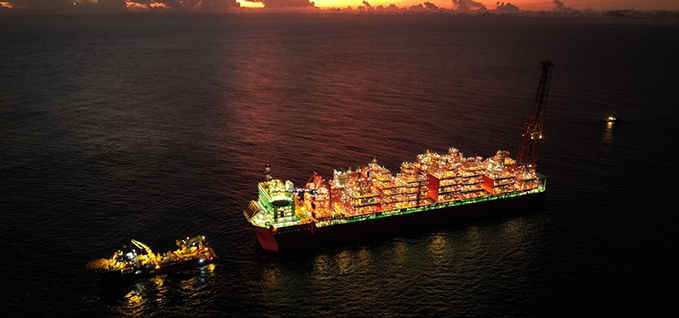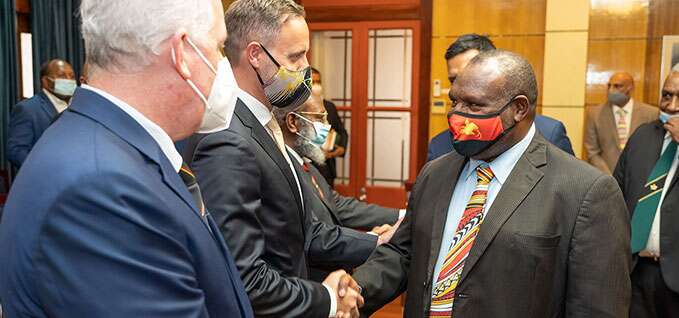Stay up to date with all our latest LNG news and developments within ExxonMobil LNG and our impact on the wider LNG industry.

Meet the winners of the 2025 Power Play Awards!
The 2025 Power Play Awards have now come to a close. Meet this year’s award winners and help us celebrate the remarkable women in the LNG and decarbonization industries and the men who help support and empower them. Congratulations to all the winners of the seventh annual Power Play Awards!
Learn more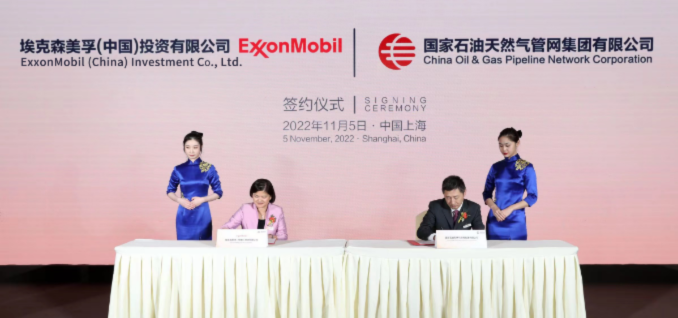
ExxonMobil Signs Agreement to Strengthen Collaboration with PipeChina
ExxonMobil signed a strategic cooperation framework agreement with China Oil and Gas Pipeline Network Corporation (PipeChina).
Learn more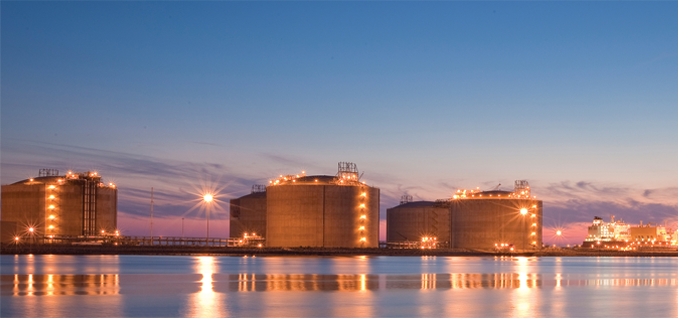
QatarEnergy and ExxonMobil to independently market Golden Pass LNG
QatarEnergy and ExxonMobil have agreed to independently market LNG produced at their joint venture Golden Pass LNG Terminal in Sabine Pass, Texas.
Learn more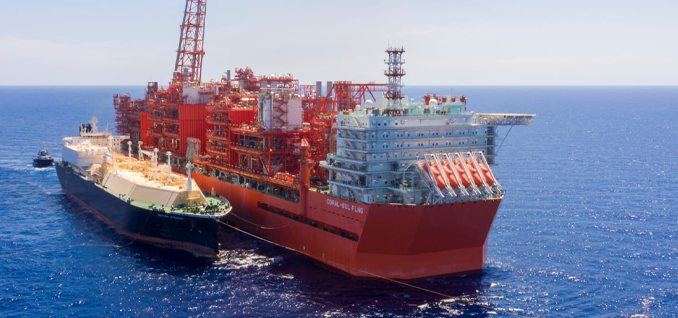
Coral South project in Mozambique ships first LNG cargo, helps meet global demand
ExxonMobil announced the first cargo of liquefied natural gas (LNG) from the $8 billion Coral South floating LNG (FLNG) project offshore Mozambique, bringing additional LNG volumes to the global energy market.
Learn more